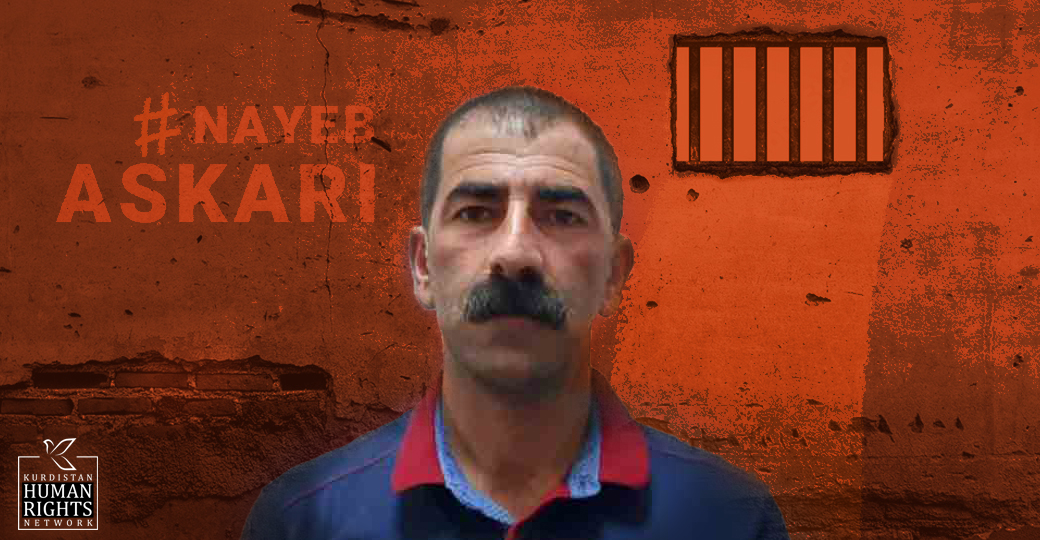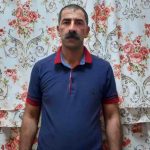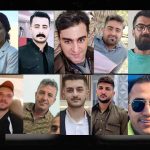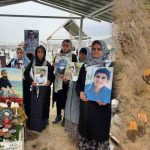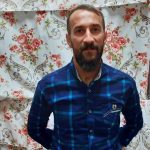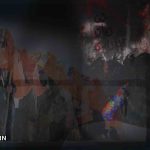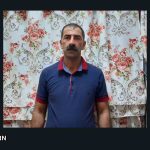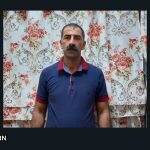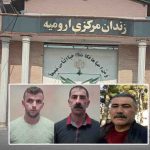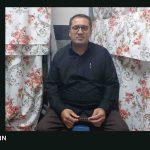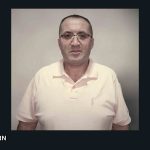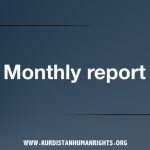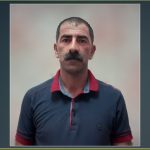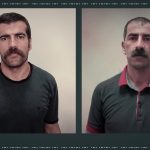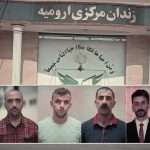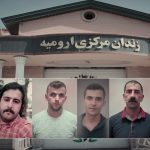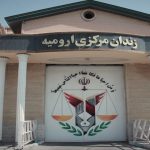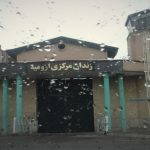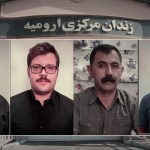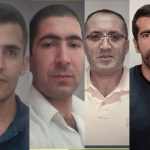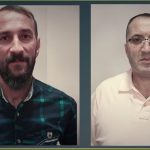Nayeb Askari lived in the Kurdistan Region of Iraq for several years before his arrest and returned to Iran in early 2021 with a “safe conduct” letter.
Arrest
Askari was arrested in Orumiyeh on 24 March 2021 by the Intelligence Organisation of the Islamic Revolutionary Guard Corps (IRGC).
He spent about three months in the IRGC’s Al-Mahdi detention facility in Orumiyeh, where he was subjected to severe physical and psychological torture for forced confessions. During this period, he was denied access to a lawyer and visits from his family.
Judicial Process
Following his arrest, the IRGC announced that he had been sentenced to death in absentia by the Islamic Revolutionary Court of Orumiyeh in 2018 on charges of “enmity against God” (moharebeh) through “membership” in the Kurdistan Free Life Party (PJAK).
After he appealed against the in absentia death sentence, the verdict was overturned, and the charge was changed from “enmity against God” (moharebeh) to “armed insurrection” (baghi), and the case was referred to Branch Two of the Islamic Revolutionary Court in Orumiyeh for retrial.
In 2023, while being denied the right to a lawyer, he was transferred six times from prison to the Islamic Revolutionary Court in Orumiyeh, but due to the absence of the judge, only four court sessions were held.
The last court session took place on 27 September 2023, and on 16 October 2023, he was notified in prison in writing of the issuance of a death sentence on the charge of “armed insurrection” (baghi) through membership in PJAK.
Current Status
Askari is being held in Orumiyeh Central Prison.
Additional Information
– In August 2021, a court sentenced Askari and two other Kurdish political prisoners, Keyhan Mokarram and Nayeb Hajizadeh, to 50 lashes and three months in prison. The sentence came after the head of Orumiyeh Central Prison filed a complaint, accusing the prisoners of “disrupting the prison order” due to their involvement in a fight between several political prisoners and general crime prisoners. The case was filed following general crime prisoners’ beating of a Kurdish political prisoner.
– On 26 July 2021, Askari went on a 32-day hunger strike to protest against the judicial authorities’ failure to issue an order for transferring him to a hospital outside the prison for treatment.
– In July 2023, by order of the Ministry of Intelligence in Orumiyeh, he was transferred from the political prisoners’ ward to Dormitory 3 (ward for prisoners with uncertain status).
– In October 2023, in protest against the reissuance of the death sentence, he went on a hunger strike for several days.
– On 27 March 2024, following a verbal altercation with prison guards, he was punished by being placed in solitary confinement for one day at the order of the prison head.
Notes:
1. “Safe conduct” is a document whereby individuals who have been members of opposition parties against the Islamic Republic of Iran are allowed to return to the country and resume their personal lives, provided they express remorse and receive approval from the Islamic Republic of Iran. Although the issuance of the “safe conduct” is based on the government’s commitment not to harm, prosecute, or punish its recipients, there have been numerous cases where individuals, after receiving the document and returning to the country, have faced threats, pressure, harassment, arrest, and punishment by the military, security, and judicial authorities of the Islamic Republic of Iran, and some have even been executed.
2. Article 279 of the Islamic Penal Code: “Moharebeh (enmity against God) is defined as drawing a weapon with the intention of killing, stealing from, or intimidating people in a way that causes insecurity in the environment.” According to Article 282 of the Islamic Penal Code, “if a person commits the crime of moharebeh, they will be sentenced to crucifixion, execution, amputation of the right hand and left foot, or exile, at the discretion of the judge.”
3. The Kurdistan Free Life Party (PJAK) was established in 2004 in the Qandil Mountains along the border of Iraqi Kurdistan with Iranian Kurdistan. This party follows the ideas of Abdullah Öcalan, the imprisoned leader of the Kurdistan Workers’ Party (PKK), and bases its activities on the paradigm of a “democratic and ecological society based on women’s freedom”.
According to the party’s charter, PJAK considers the establishment of democratic confederalism and a political form of democratic self-governance for organising people to build a “democratic nation” as one of its fundamental goals. PJAK also participated in the establishment of the East Kurdistan Democratic and Free Society (KODAR). The headquarters of this party is in the mountainous areas between Iraqi Kurdistan and Iranian Kurdistan.
4. Article 287 of the Islamic Penal Code: “A group engaging in armed rebellion against the Islamic Republic of Iran is considered rebellious, and if they use weapons, their members are subject to the death penalty.”

